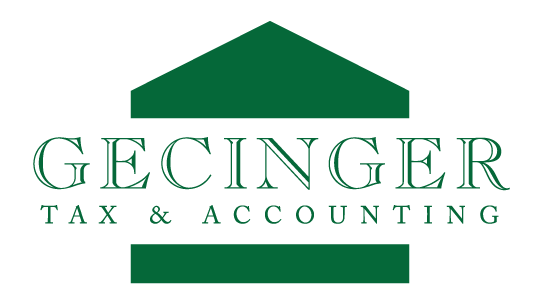There are many reasons that you may decide it is time to end your business. Sometimes, it is the best possible financial decision. What you can’t do is just lock the doors and walk away. Ending a business takes just as much planning and consideration as starting a business, and one of the most important considerations involves proper bookkeeping.

Ending a business includes all sorts of paperwork and final bookkeeping. There are assets to distribute and employees and venders to pay. Proper bookkeeping can protect you from making costly mistakes and it can help you get as much money out of the end of your business as possible, setting you up to move on to the next stage or your life or even to start a new business.
Here are some of the bookkeeping considerations you will need to take into account while ending your business:
- Accounting for company property: You will need to collect any phones, cars, computers or other company property from your employees.
- Collect money owed to you: If your company is owed money for products or services provided, try to collect as much of it as possible.
- Sell business assets: As you sell assets like excess inventory and property, it is critical that you maintain accurate records of all such transactions.
- Other paperwork: Business accounts will need to be closed. Licenses, permits and registrations will need to be ended properly.
As your business ends, it is important to try to notify creditors and pay any outstanding debts. You will need to pay your final payrolls and file your taxes. Careful bookkeeping is a crucial part of keeping everything organized.



